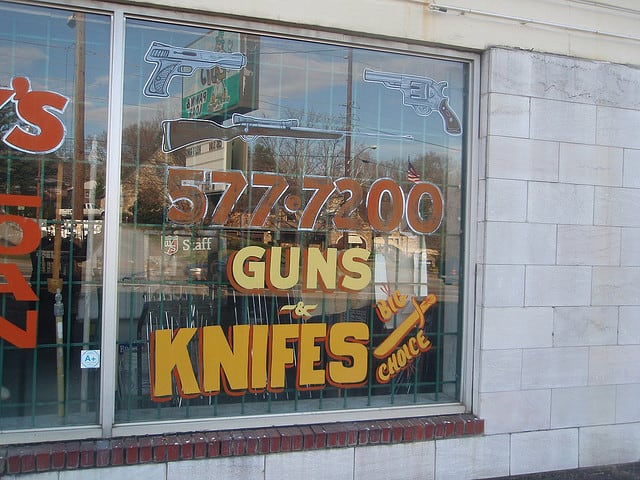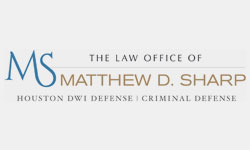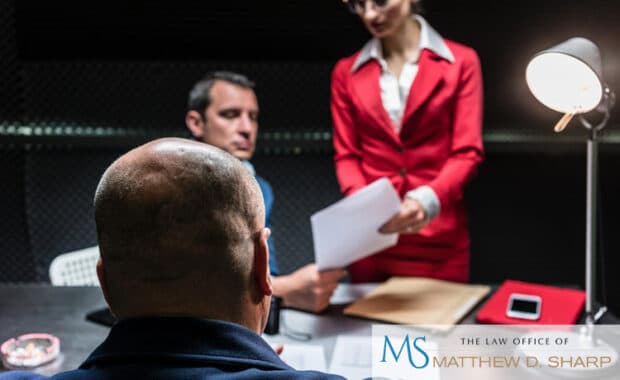Weapons/guns/firearms defense
Texas weapons attorney :: The Law Office of Matthew D. Sharp
Texas culture may give high regard to an individual’s right to own a gun, but all good things have limits that have to be respected. At The Law Office of Matthew D. Sharp, we can assist persons who are charged with unlawful possession of a firearm, possession with intent to unlawfully use a weapon, aggravated discharge, criminal sale, or any other weapons violation.

Have you or someone you know been charged with criminal possession of a weapon?
Take just a couple minutes to fill out the form and schedule your free consultation with Matthew Sharp.
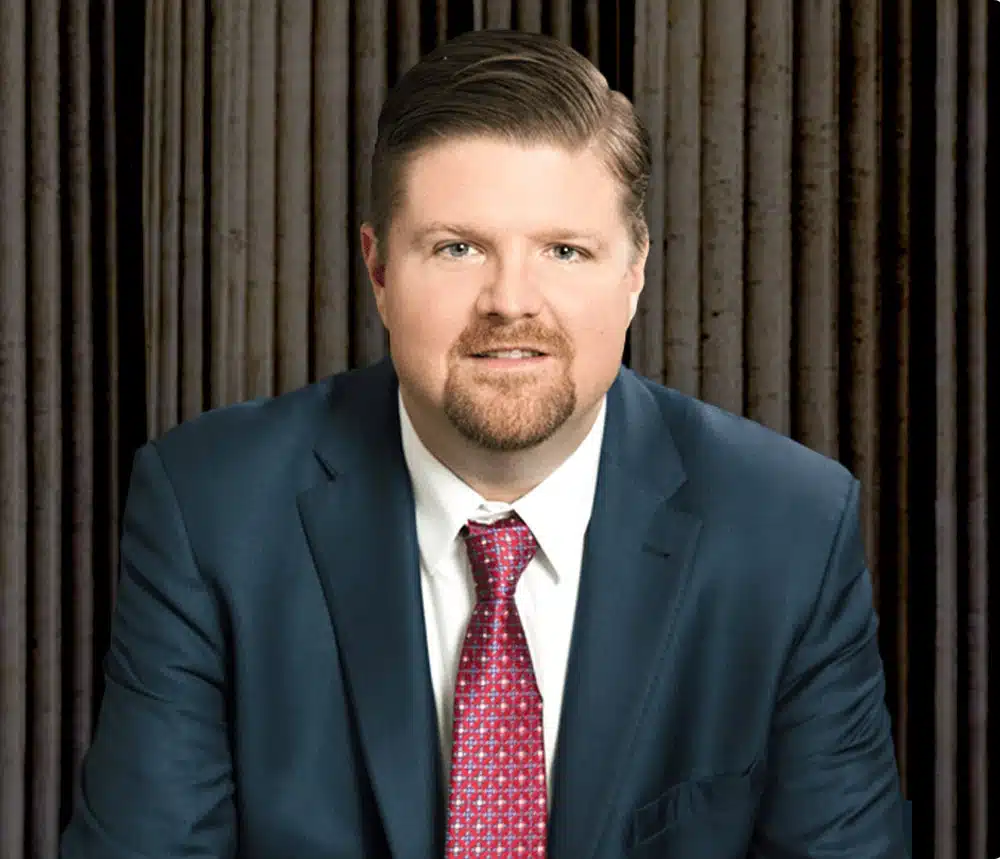
Attorney Matthew D. Sharp
Being charged or accused of a crime is a frightening experience, especially when the allegation is false.
I believe everyone deserves a second chance. My job is to defend YOU.
Results Matter.
My results-driven approach means I can bring invaluable insights from past victories to help in your case.
State of Texas v. JB
Sexual Assault
Harris County Court – Jury trial
Not Guilty
State of Texas v. JP
Prostitution
Harris County Court
Pretrial Intervention
State of Texas v. MS
Prostitution & unlawful carrying of a weapon
Harris County Court – Jury trial
Not Guilty
(ON BOTH CHARGES)
Testimonials
I believe clients should be #1. Read my testimonials to see what past clients have said.
He Helped Me Change a Negative to a Positive
I brought Matt an almost no-win case and he was able to help me change a negative to a positive. His advice is solid and staight forward. I highly recommend The Law Office of Matthew Sharp.
Amber W Houston, TX
Gun charge defense attorneys
There are many gun laws on both the state and federal level which can be very confusing and can land you in jail. If you have found yourself charged with a weapons violation, you need a Houston weapons lawyer that has a working knowledge of guns and related laws, as well as your Constitutional rights. The attorneys at The Law Office of Matthew D. Sharp have handled a wide variety of state and federal weapons cases including:
- Assault weapons & other prohibited items
- Concealed weapons
- Federal firearms violations
- Possession of a firearm or ammunition by a felon
- Interstate transportation of firearms
- Possession of a firearm in the commission of a drug related or violent crime
- Unlawful manufacturing, modification, possession or sale of firearms
- Unlicensed firearm use
All about the new Texas open carry law
On January 1, 2016 Texas House Bill 910 officially went into effect. This law legalizes the open carry of handguns throughout the state. Several other states have passed similar laws in recent years and Texas has now joined them as a state with legal open carry. While some gun owners are supportive of this new law, other Texas citizens remain opposed.
Despite the controversy surrounding this bill, it is now the law of the land. As with any law, House Bill 910 carries certain provisions regarding when, where and how firearms can be carried openly. In order to comply with the law, citizens who carry firearms openly need to make sure that they are not violating any rules.
What is open carry?
Before the passage of the new open carry law, Texas already allowed open carry of certain types of firearms. Long guns, such as rifles and shotguns, could be carried openly in certain situations. Also, anyone with a Concealed Handgun License was allowed to carry a concealed handgun in certain public areas.
This new law is an extension of the rights of gun owners with a valid CHL. Under the new law, anyone with a valid CHL is now allowed to continue carrying a concealed handgun or carry the gun openly. CHL holders are not required to:
- Undergo any additional training to carry openly
- Obtain any new licensing or certification to carry openly
However, under the law CHL holders must:
- Carry their gun in a hip or shoulder holster to carry openly
- Maintain the status as a valid CHL holder to carry openly
Rules and restrictions
CHL holders are not allowed to carry a concealed handgun in certain locations and the same restrictions apply to anyone who wishes to carry openly. In fact, gun owners who wish to carry openly must also face some additional restrictions. For example, it is not legal to carry a concealed handgun or to carry a gun openly in:
- A polling place or voting location
- Courtrooms
- Sporting events
- Certain establishments that serve alcohol
- Secure areas, such as certain parts of airports
In August of 2016, the new law will allow CHL holders to carry concealed handguns on college campuses. However, open carry is not permitted in:
- The grounds or premises of any public or private institution of higher learning
- Any street, sidewalk, or parking area belonging to any public or private institution of higher learning
Controversy and gun bans
As with any controversial law, some people in the state of Texas do not like the idea of open carry. Some business owners object to the carrying of guns on the premises of their establishments. While some business owners chose to ban all guns, concealed or otherwise, on their property, some business owners are now creating new bans specifically on openly carried guns in their restaurants, barber shops and retail stores.
Some business owners are afraid the the presence of firearms may create dangerous situations or scare away customers. Others worry that firearms do not coincide with the image that they are trying to promote. However, other business owners welcome the open carry of firearms. Some business owners claim that open carry will make their businesses safer by deterring potential criminal activity.
Under the law, a business owner is allowed to prohibit the open carry of firearms on their premises. However, they must clearly post signs stating this fact. However, businesses that allow or even encourage the open carry of firearms are acting in accordance with the new law by permitting firearms on their premises.
Legal concerns
Although open carry is now legal in Texas, it is not a free-for-all. Guns must be carried openly in plain sight while firmly secured in a shoulder or hip holster. Any person who carries their gun illegally or who engages in dangerous, reckless or suspicious behavior may be placed under arrest and charged with criminal activity.
The best way to learn more about the new open carry law in Texas is to consult with an experienced attorney. Attorneys may be able to provide gun owners with advice and insight on how to safely and legally exercise their rights under this new law.
Deadly conduct: Discharging a weapon can cost $10,000
Whenever an individual engages in activity that they know (or reasonably should know) will place someone’s life in danger, they are guilty of deadly conduct, according to Texas law. This is a serious offense that ironically doesn’t even have to result in injury to be a crime. These charges normally arise when someone brandishes a firearm but could be used in other instances as well.
Charges of deadly conduct can be brought even if a weapon is not loaded and the actor had no intent to actually pull the trigger. The only intent that must be shown in this instance is the intent to perform the act of brandishing a weapon. Likewise, if an individual fires a weapon into a building or vehicle, this could also result in charges being filed, even if no one is inside.
Potential penalties for discharging a weapon in Texas
This crime is considered to be a third-degree felony whenever it involves the use of a firearm. The resulting penalties could include:
- Up to 10 years in state prison
- A fine of up to $10,000
- Loss of firearms license
When the act does not include a firearm, it’s considered to be a Class A misdemeanor, with sanctions that include:
- Up to 1 year in jail
- A fine of no more than $4,000
Affirmative defenses for discharging a weapon
Texas law allows for an affirmative defense whenever an individual accidentally discharges a firearm without the intent to threaten or intimidate others. For example, if a person accidentally discharges a rifle into a building while hunting, they should not be charged with a crime.
The role of a defense attorney is to carefully weigh the circumstances to determine if the state of Texas has overreacted and charged someone with a crime when an act was clearly an accident.
Types of weapons that are banned in Texas
Although Texas is often considered to be one of the friendliest states when it comes to legally possessing guns, people should keep in mind that the Lone Star State also maintains a long list of ammunition explosives and weapons that are considered illegal and could result in criminal charges for those who carry, handle or sell them.
Free E-book
8 Ways a Criminal Defense Attorney Can Help Your Case
Unsure where to go for help after getting arrested? Learn more about how hiring an experienced criminal defense attorney will help your chances at freedom.
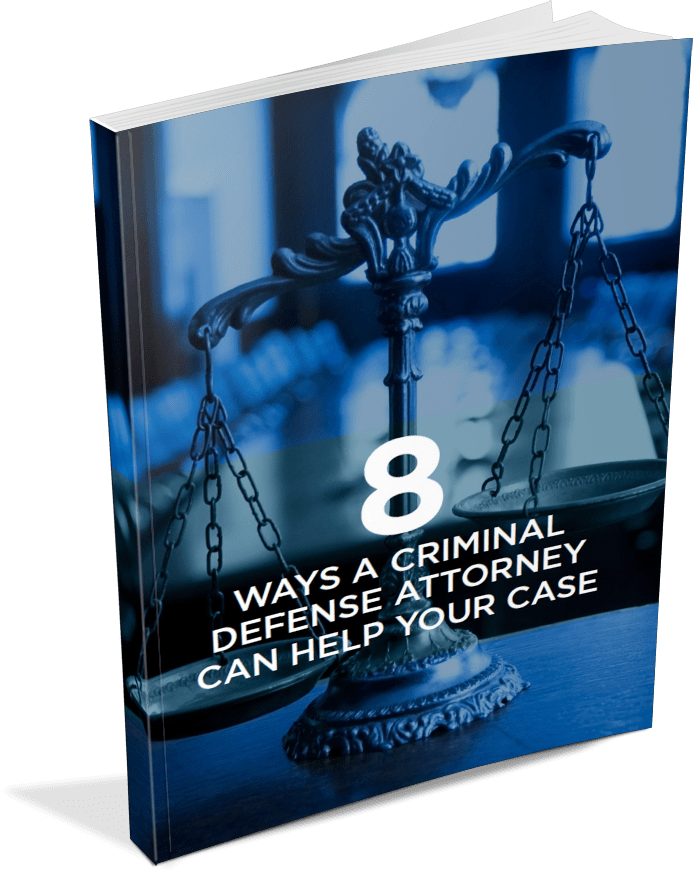
Weapons violation charges lawyer
Federal and state prosecutors take each and every weapons violation very seriously. Possessing a firearm can turn a standard felony charge into a “strike” violation, which will have a heavy impact on sentencing through the “three strikes law”. This change could be the difference between getting probation and going to prison. The possession of a weapon while committing any other crime could result in a 10 year sentence in addition to the standard sentence for the original offense.
When considering the complexity of weapons violations, along with the serious consequences that accompany them, it is imperative to have a skilled attorney in your corner that can mount a strong illegal weapon possession defense.
The attorneys at The Law Office of Matthew D. Sharp have an intimate knowledge of Texas weapons laws, as well as search and seizure principles, and will develop a custom strategy to effectively protect your rights and your freedom. Whether your Houston weapons charge is stand-alone, or incorporated into a larger criminal prosecution, contact The Law Office of Matthew D. Sharp today so that we can begin planning your defense.

